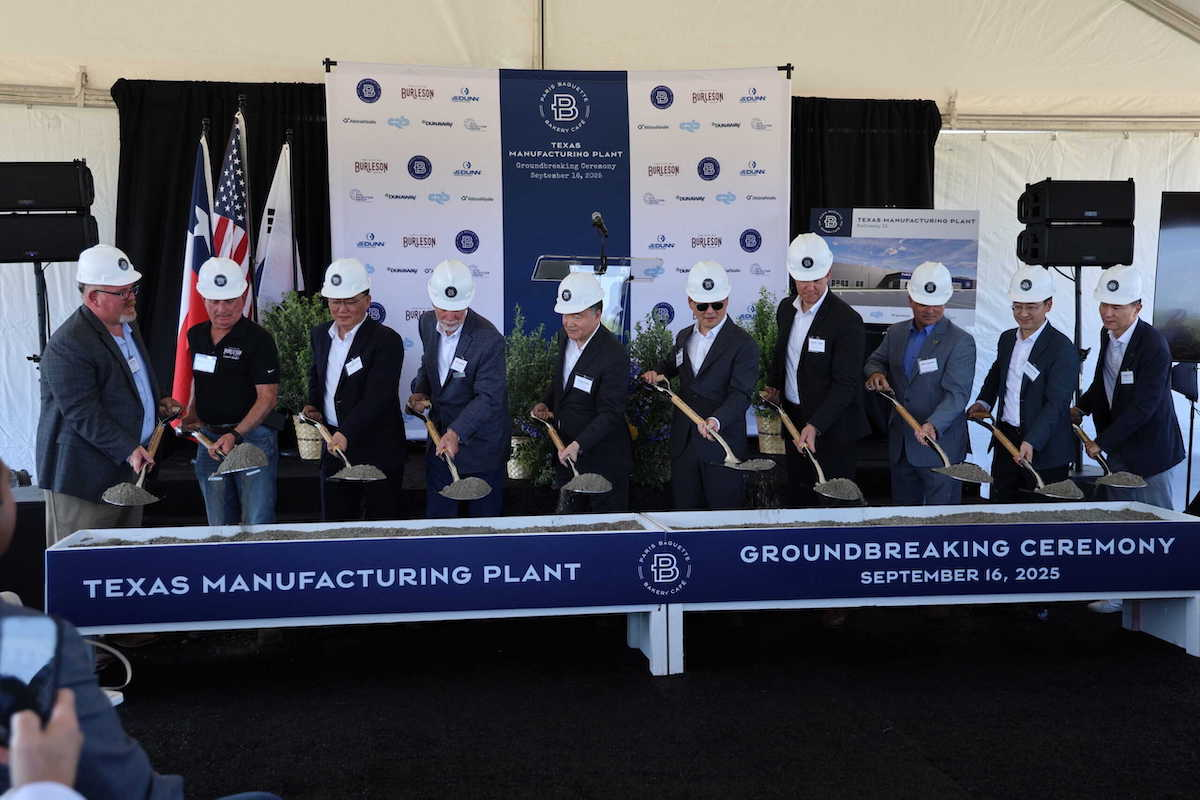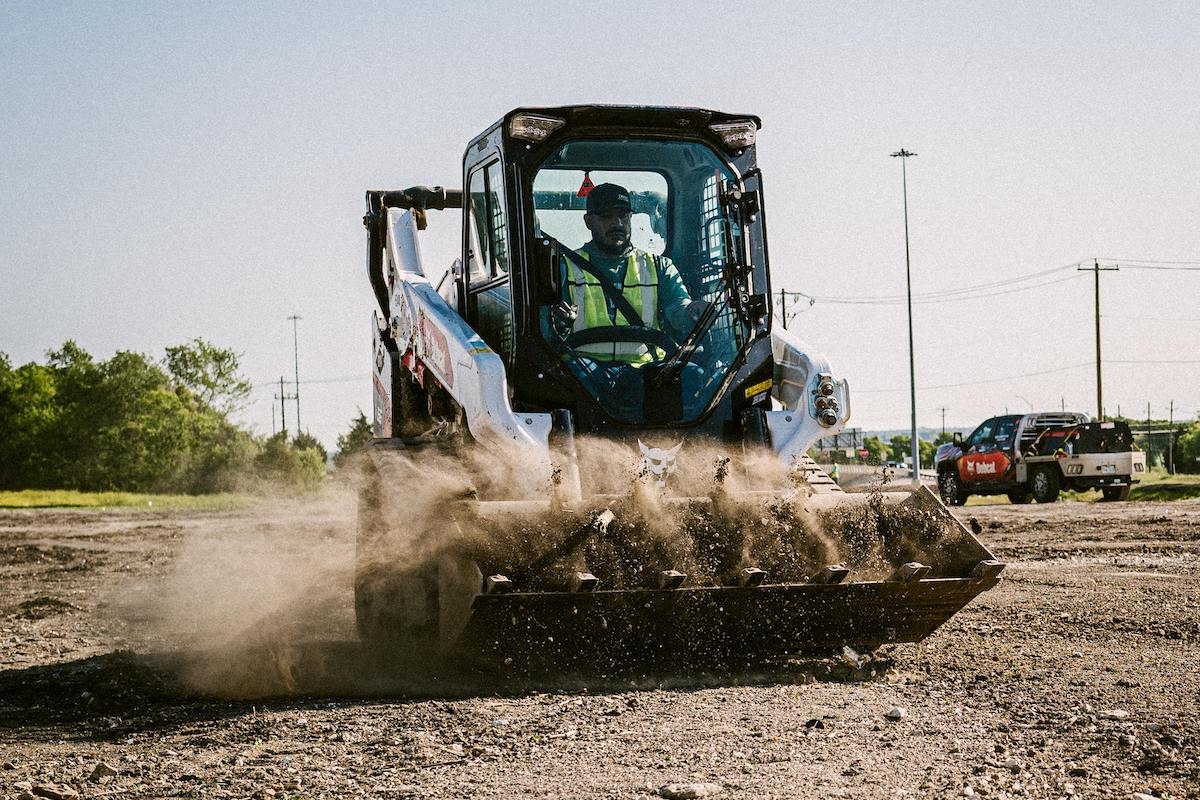A contractor’s right to payment is a critical part of any contract. In fact, it is probably the most important term a contractor negotiates before the contract is signed. But what can a contractor do if it is not being paid for work performed after a contract is executed? Similarly, how does a contractor respond to field directives or other scope changes that expect the contractor to perform the work before any agreement on price is discussed or finalized in writing? Below are tips and tricks to help protect a contractor’s right to payment while maintaining a professional and working relationship with the owner.
Know Your Contract
Read every word in the contract. Understand how payment is made, for what reasons the owner can withhold payment, and how the contractor can challenge a partial payment. If an owner does not pay in full following submission of an invoice or pay application, the contractor should challenge the withholding in writing and in accordance with the contract terms. Some contracts contain clauses requiring a contractor to provide notice of an event (like non-payment) within a certain number of days of the event if that event may, in the future, turn into a claim for damages. If the contractor fails to comply with the notice provision, it can unknowingly waive the contractor’s right to assert that damages claim in the future.
The on-site project team needs to know if the contract allows the owner to issue field directives, change directives, or time and material forced account work. If the contract does not include those provisions, then the contractor should not perform additional work without a formal change order or other contractual modification to the scope of work and pricing terms. Performing additional work without formal documentation risks creating a course of performance obliging the contractor to perform additional work without a change order in the future, and certainly puts the cost of that work in question. Explain to the owner the contract does not provide authority or outline the procedure to issue additional work, and then do not begin the work without issuance of a change order dictating the scope and price of the additional work.
If the contract does allow the owner to issue field directives or otherwise force performance of work without a prior payment agreement, understand how the contract governs payment for that work, and follow those steps. Straying from the procedure outlined in the contract risks establishing a new payment process not contemplated or negotiated in the contract and may compromise future requests for payment. If the contract does not outline how to get paid for such forced work, follow the tips below to remain a cooperative contractor while still protecting your right to payment.
Maintain Contemporaneous Documents
Contemporaneous documents are those documents created at the time a certain event occurs: Daily logs, meeting minutes, field reports. Make it a habit to write down the work performed each day, including any agreements reached with the owner during the day about pricing or sequencing. If payment is outstanding, provide written updates to the owner about the impact of non-payment and other impacts (such as material delays, sequencing impacts) that could occur if payment is not made. These records do not need to be formal, but they need to be consistent. Contemporaneous documents are inherently trustworthy and safeguard against losing important details due to passage of time.
Do not rely on an owner’s email or weekly summary to reflect the contractor’s activities on the job site. Such one-sided reporting may lack important information necessary to support a contractor’s request for payment or may erroneously characterize work as original scope as opposed to additional scope. Internal reporting and record keeping creates an accurate and predictable record of the work performed and is an important tool to support your right to payment.
Understand the Prompt Pay Act
Texas law contains a prompt pay act governing private projects (chapter 28 of the Texas Property Code) and a prompt pay act governing public projects (chapter 2251 of the Government Code). These statutes govern the time a payment is deemed “overdue” and the interest that can be assessed on the overdue payment. Furthermore, the statutes provide exceptions that allow an owner to withhold payment for certain disputes between the owner and contractor without the accrual of interest. At a minimum, contractors should understand the correct statute that applies to each job and the payment deadlines to know when a payment is considered “overdue.” Reference to the proper statute in correspondence to an owner demonstrates a contractor’s understanding of the law surrounding payment and may increase the likelihood of a quick payment from the owner.
Use Change Order Requests
If an owner requires a contractor to perform work without a change order or other formal reflection of the additional work, prepare and submit a change order request to the owner. Change order requests memorialize the work performed and the cost the contractor expects to be paid for that work, to demonstrate the contractor believes this work falls outside the original scope and expects additional payment for this work. Change order requests should be created at the time the work is directed or requested. In addition to creating a paper trail supporting the contractor’s claim for payment, change order requests start the pricing conversation early and reveal any potential disagreement surrounding scope or payment. If the disagreement cannot be resolved, the contractor will understand the owner’s position and decide whether to perform additional work or other projects for this owner in the future.
Use Lien Waivers to Your Advantage
For private projects, Texas law requires lien waivers follow the language outlined in chapter 53 of the Texas Property Code. That chapter permits contractors to exempt disputed work from its waivers. Contractors who utilize carve out language to exempt disputed work and payment claims from lien waivers preserve their right to recover the disputed sum. Lien waivers are strictly construed, and any unintentional waiver can prevent a contractor from recovering payment for work already performed.
Payment for work performed dictates a contractor’s ability to continue working on projects in the future. Contractors can protect their right to payment by understanding the contract’s payment terms, training its jobsite staff regarding the applicability of field directives for a given project, keeping contemporaneous project records, and using Texas law to its advantage.






































































